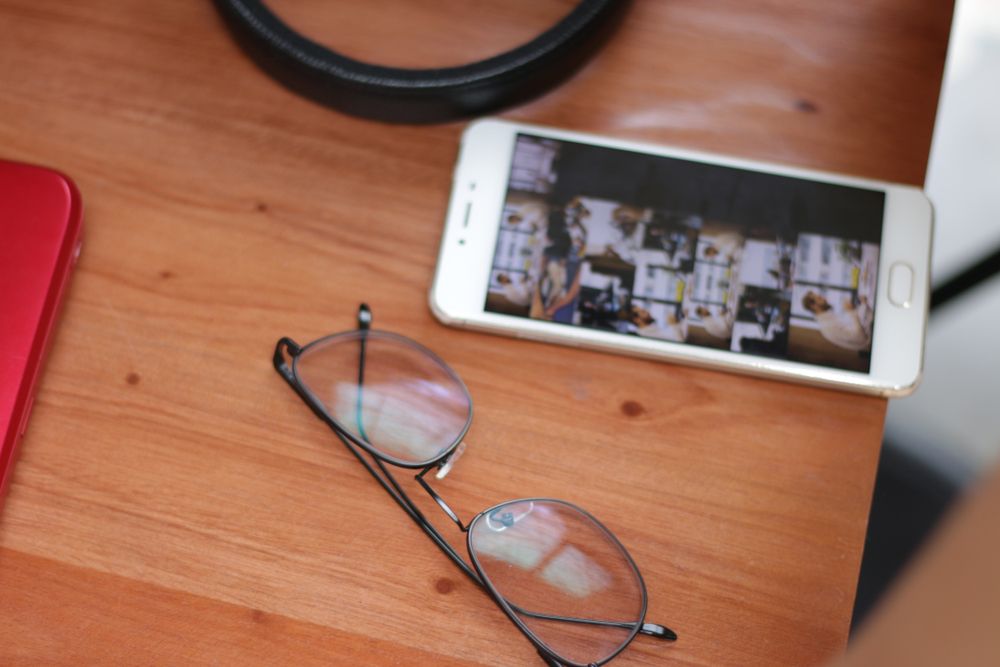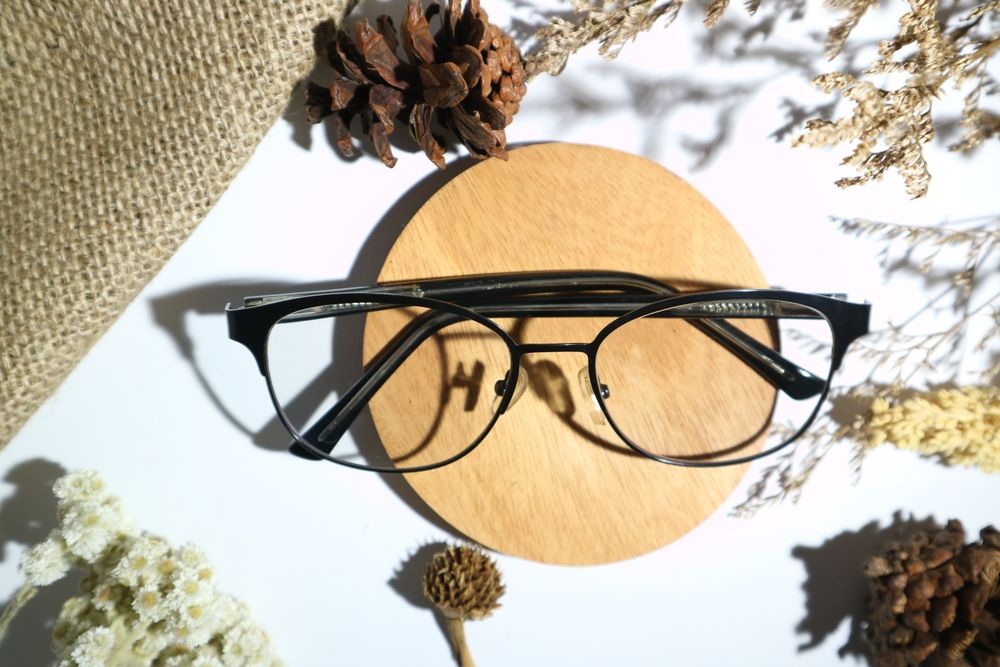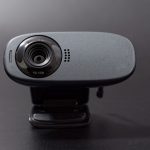In the modern digital era, screens are everywhere—computers, smartphones, tablets, and TVs dominate our daily lives. With increased screen time comes growing concerns about eye strain, digital fatigue, and potential radiation exposure. Many companies market anti-radiation glasses as a solution to protect the eyes from harmful effects, but are they really worth the investment?
This comprehensive guide explores the science behind anti-radiation glasses, their effectiveness, benefits, drawbacks, and whether they truly provide value for your money.
1. Understanding Anti-Radiation Glasses
Anti-radiation glasses are marketed as protective eyewear designed to:
- Block blue light emitted by screens.
- Reduce digital eye strain from prolonged screen use.
- Minimize exposure to electromagnetic radiation (EMR) from electronic devices.
While some glasses specifically target blue light filtering, others claim to reduce exposure to radiofrequency (RF) and electromagnetic radiation (EMR), which raises the question—do these glasses actually work?
2. The Science Behind Anti-Radiation Glasses
To evaluate whether anti-radiation glasses are worth the cost, we need to understand the science behind their effectiveness.
a) Blue Light and Eye Health
Blue light is a high-energy visible (HEV) light emitted from digital screens, LED lights, and the sun. Research suggests that excessive exposure can:
- Cause digital eye strain (dryness, irritation, headaches).
- Disrupt sleep patterns by interfering with melatonin production.
- Potentially contribute to long-term retinal damage (though more studies are needed).
Blue light filtering glasses use a special coating to block 30% to 90% of blue light, reducing eye strain and improving sleep quality.
b) Electromagnetic Radiation (EMR) and Eye Safety
Some anti-radiation glasses claim to protect against electromagnetic radiation (EMR) emitted by electronic devices. However:
- The World Health Organization (WHO) states that EMR from everyday devices is too weak to cause harm.
- There is no scientific evidence that EMR exposure from screens leads to eye damage or health risks.
- Most experts agree that screen-related eye issues stem from blue light and prolonged screen time, not radiation exposure.
In summary, while blue light filtering glasses have proven benefits, anti-radiation glasses marketed for EMR protection may not be necessary.
3. Benefits of Anti-Radiation Glasses
Even though some claims about anti-radiation glasses are questionable, blue light filtering and digital eye strain reduction do provide real benefits.
a) Reduction of Digital Eye Strain
- Staring at screens for extended periods causes computer vision syndrome (CVS), leading to:
- Dry or irritated eyes.
- Blurred vision.
- Headaches and neck strain.
- Studies show that blue light filtering lenses can reduce symptoms of eye strain by up to 50%, making them beneficial for those working long hours in front of a screen.
b) Improved Sleep Quality
- Blue light suppresses melatonin, the hormone that regulates sleep.
- Wearing blue light blocking glasses in the evening can improve sleep quality by helping the body produce melatonin naturally.
- A Harvard study found that individuals exposed to blue light before bedtime took longer to fall asleep and experienced lower-quality rest.
c) Protection Against Long-Term Eye Health Issues
- While the link between blue light and permanent eye damage is still debated, reducing prolonged exposure may lower the risk of future vision problems.
- Studies suggest blue light may contribute to macular degeneration, a leading cause of blindness in older adults.
d) Better Contrast and Visual Comfort
- Anti-radiation glasses often have an anti-glare coating, which helps reduce reflections from screens, improving contrast and clarity.
- This can enhance visual comfort for gaming, reading, or working under artificial light.

4. Drawbacks of Anti-Radiation Glasses
Despite their benefits, anti-radiation glasses are not perfect. There are some downsides that consumers should consider.
a) Not All Glasses Are Effective
- Many brands overstate their claims, especially regarding EMR protection.
- Cheap or low-quality blue light glasses may filter less than 30% of blue light, making them ineffective.
- Some manufacturers use marketing gimmicks rather than real science to sell their products.
b) They May Alter Color Perception
- Some blue light filtering lenses have a yellowish tint, which can distort color perception.
- For graphic designers, photographers, or anyone working with color accuracy, this can be problematic.
c) They Do Not Address the Root Cause of Eye Strain
- Eye strain is caused by prolonged screen use, not just blue light.
- The 20-20-20 rule (taking a break every 20 minutes, looking 20 feet away for 20 seconds) is just as important as wearing blue light glasses.
- Proper screen brightness adjustment and blinking regularly also help reduce discomfort.
d) Not Always Covered by Insurance
- Anti-radiation glasses are often considered non-medical eyewear, meaning insurance may not cover them.
- Custom prescription blue light glasses can cost between $100 to $300, making them a significant investment.
5. Who Should Consider Getting Anti-Radiation Glasses?
✅ Best for People Who:
✔ Spend more than 6 hours per day in front of a screen.
✔ Experience frequent digital eye strain, dryness, or headaches.
✔ Have trouble sleeping due to late-night screen exposure.
✔ Work under artificial LED lighting.
❌ Not Necessary For:
✖️ People with limited screen exposure (under 2 hours per day).
✖️ Those buying them solely for EMR protection (since scientific evidence does not support this claim).
✖️ Anyone expecting instant or dramatic improvements in eye health without addressing other screen habits.
6. How to Choose the Right Anti-Radiation Glasses
If you decide to invest in a pair, make sure you choose high-quality, effective blue light glasses rather than marketing gimmicks.
a) Check for a Blue Light Blocking Percentage
- Glasses should block at least 50% of blue light for daytime use.
- For nighttime use, opt for glasses that block 80% to 90% to improve sleep.
b) Look for Anti-Glare and UV Protection
- An anti-reflective coating reduces glare from artificial lighting.
- UV protection ensures eyes are shielded from sunlight exposure.
c) Consider Prescription vs. Non-Prescription
- If you already wear glasses, opt for a prescription pair with blue light protection.
- Non-prescription versions work for those who don’t need vision correction.
d) Avoid Low-Quality, Cheap Brands
- Many inexpensive anti-radiation glasses don’t block enough blue light to be effective.
- Stick to trusted brands with transparent testing and reviews.
7. Alternative Ways to Protect Your Eyes
If you’re not ready to invest in anti-radiation glasses, you can still reduce digital eye strain using these methods:
✔ Adjust screen brightness and contrast – Keep your screen at a comfortable brightness level.
✔ Follow the 20-20-20 rule – Every 20 minutes, take a 20-second break to look 20 feet away.
✔ Use night mode on devices – Most screens have a blue light reduction setting.
✔ Blink more often – This prevents dry eye syndrome from excessive screen use.
Are Anti-Radiation Glasses Worth It?
Yes, if you experience frequent eye strain or sleep issues due to screen exposure. No, if you’re expecting them to completely eliminate all screen-related discomfort without making other changes.
Key Takeaways:
✅ Blue light filtering glasses can reduce eye strain and improve sleep.
✅ They are useful for long hours of screen work, but not essential for everyone.
✅ No scientific evidence supports the need for EMR-blocking glasses.
✅ High-quality glasses with anti-glare and UV protection are best.
While anti-radiation glasses aren’t a miracle cure, they can enhance visual comfort and reduce screen fatigue, making them a worthwhile investment for frequent screen users.



